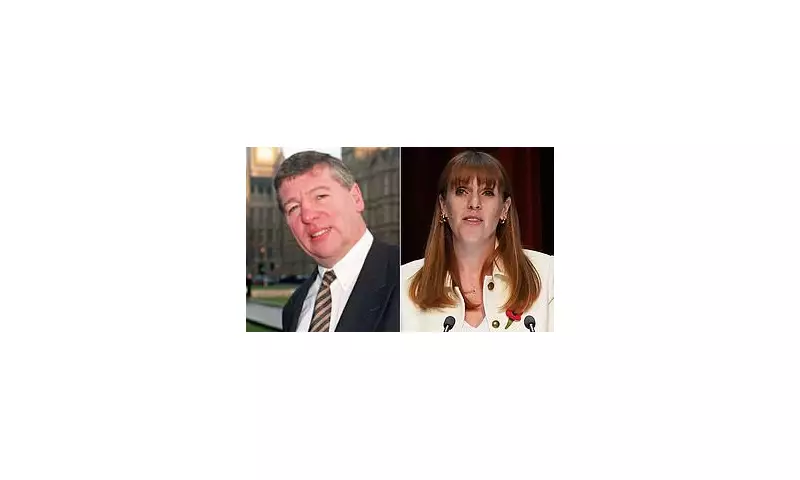
Labour's Deputy Leader, Angela Rayner, is embroiled in a deepening political crisis over allegations surrounding the sale of her former council house and potential tax violations. The controversy centres on whether she avoided capital gains tax and breached electoral law by falsely declaring her primary residence.
Prime Minister Rishi Sunak has intensified the pressure, stating publicly that the situation 'doesn't look good' for the senior opposition figure. The comments signal a significant escalation in the political battle over Ms. Rayner's integrity.
The Core of the Allegations
At the heart of the scandal is the sale of Ms. Rayner's former home on Vicarage Road in Stockport, which was bought under the right-to-buy scheme. Critics allege that she may have wrongly declared the property as her principal residence to avoid a capital gains tax bill upon its sale in 2015, despite reportedly living primarily at her husband's address nearby.
Further complicating matters are questions about whether Value Added Tax (VAT) should have been paid on the purchase of the property. The combination of these financial and legal questions has created a perfect storm for the Labour MP.
A Political Firestorm Erupts
The controversy has triggered a fierce partisan battle in Westminster. Conservative MPs are demanding a full police investigation, while Labour leadership has circled the wagons around their deputy leader. A Labour source close to Ms. Rayner maintains that she has followed all tax rules and has taken expert advice confirming her position.
However, the refusal to publish this legal advice has only fueled further speculation and criticism from political opponents who accuse her of operating under a veil of secrecy.
What Happens Next?
The pressure continues to mount on Angela Rayner to provide more transparent answers. With the Prime Minister now weighing in directly and tax authorities potentially examining the case, this scandal shows no signs of abating. The outcome could have significant implications not just for Rayner's political future, but for Labour's electoral prospects as the party seeks to present itself as a government-in-waiting.





